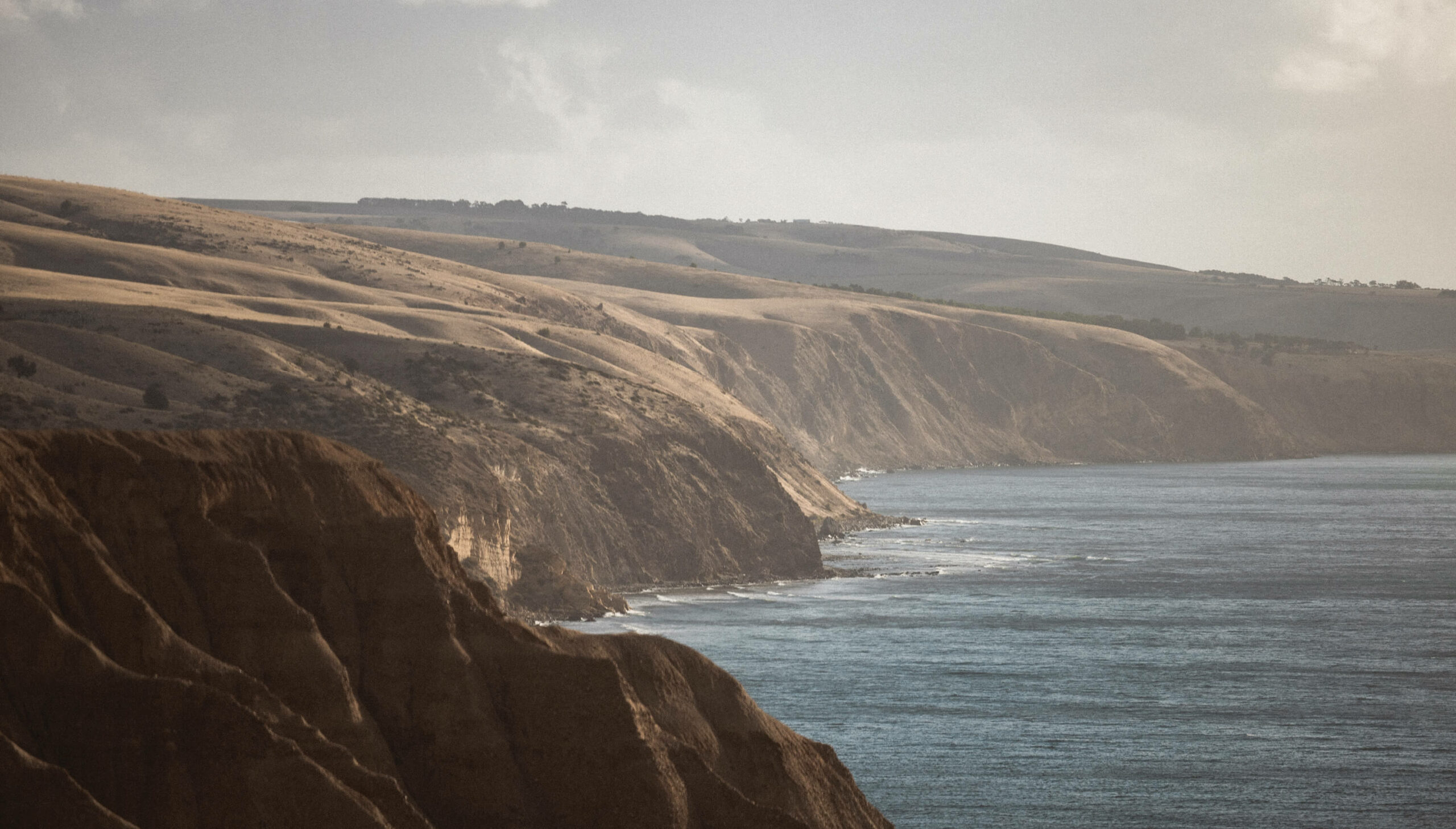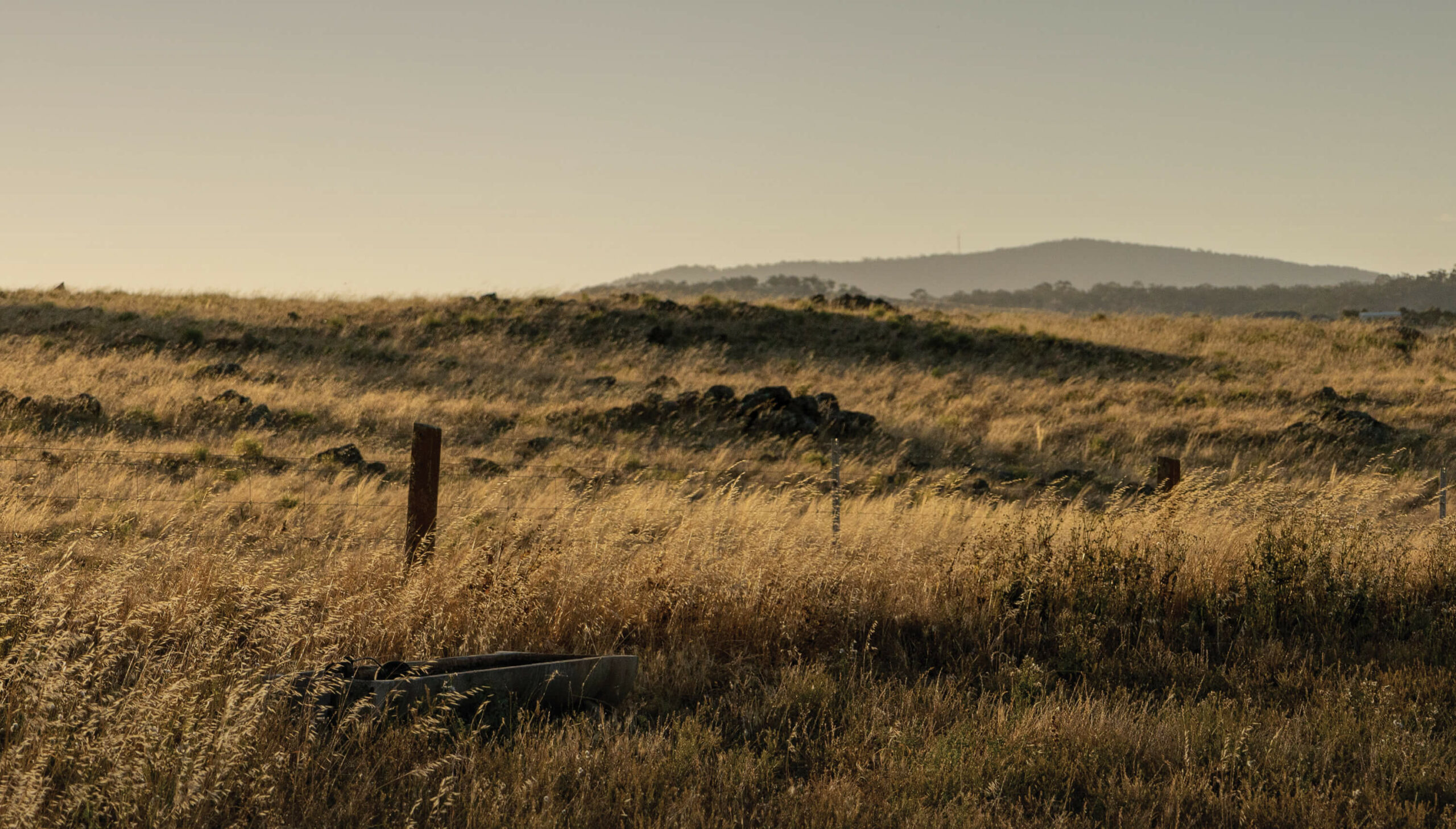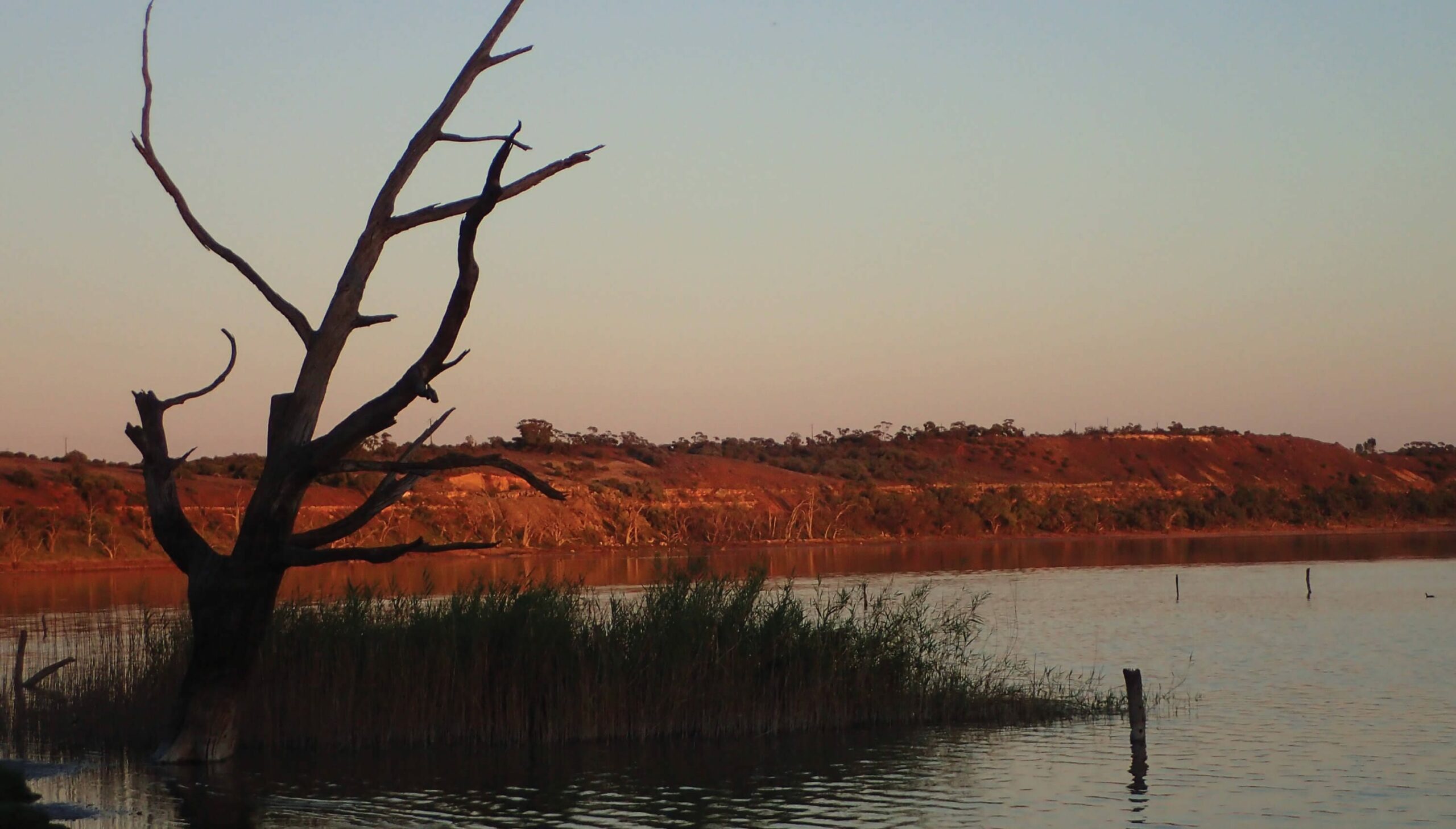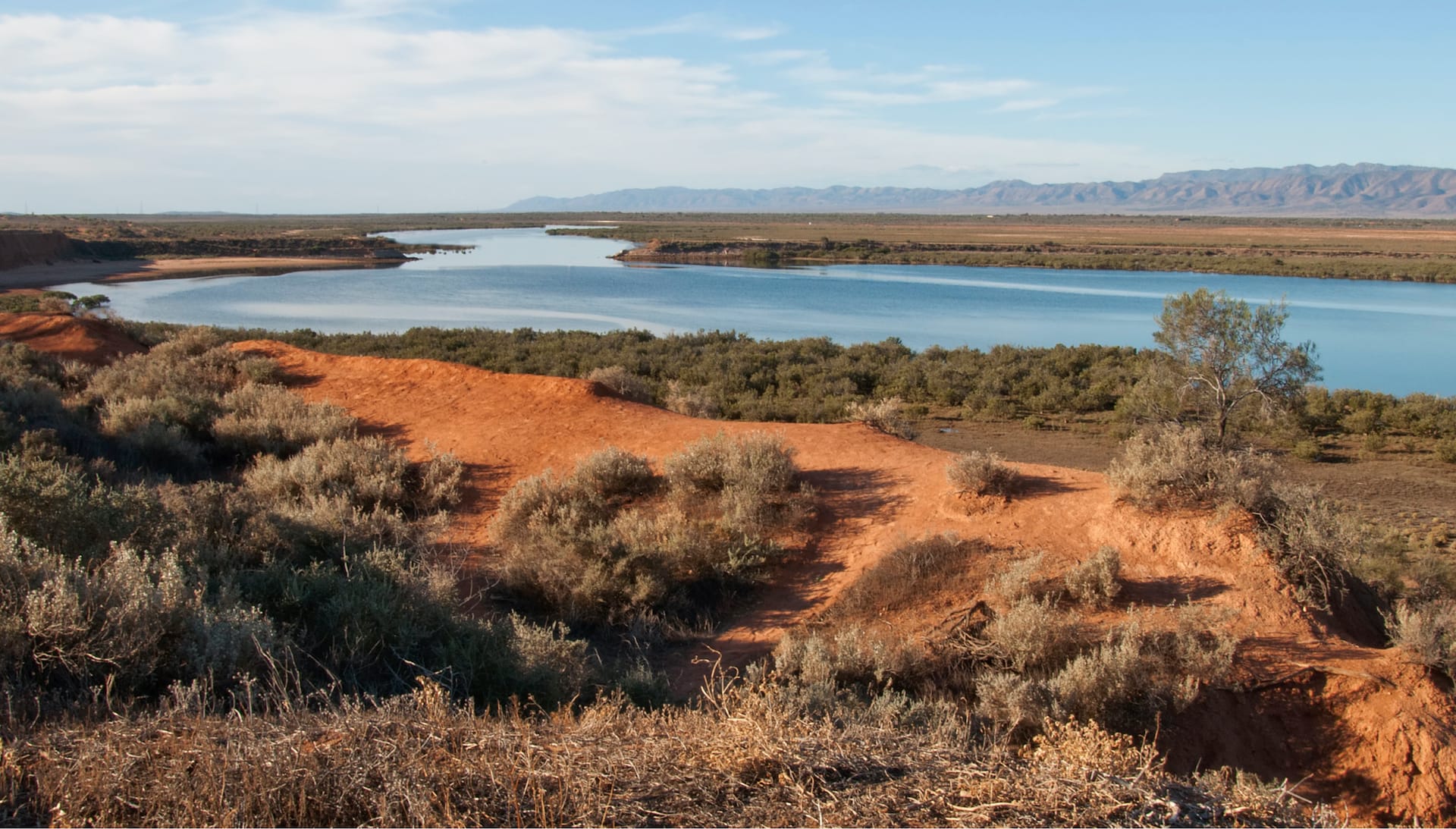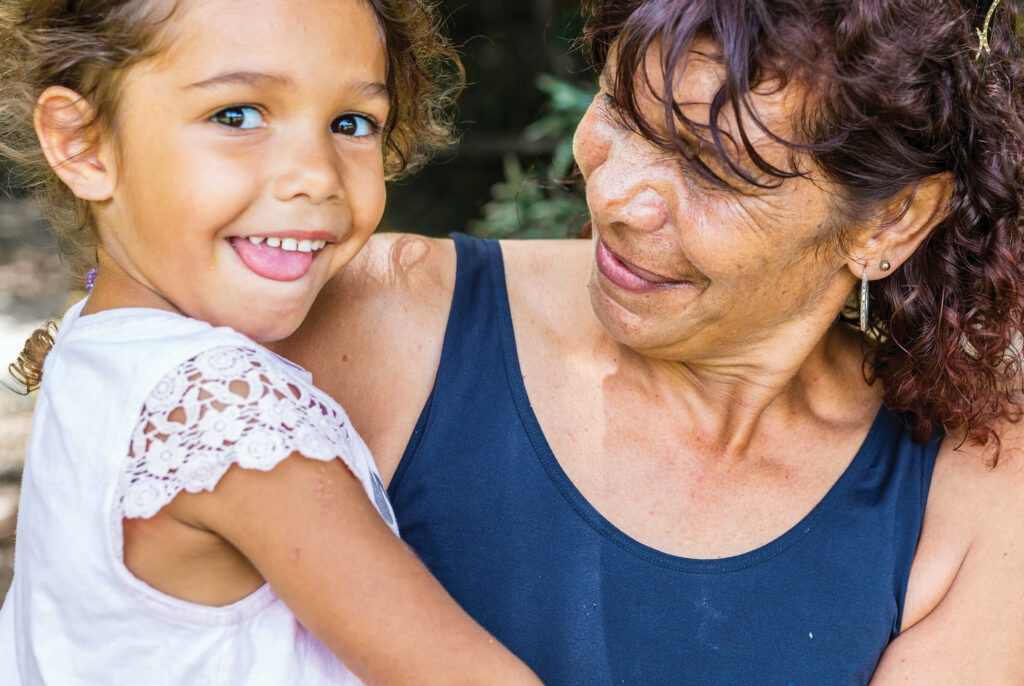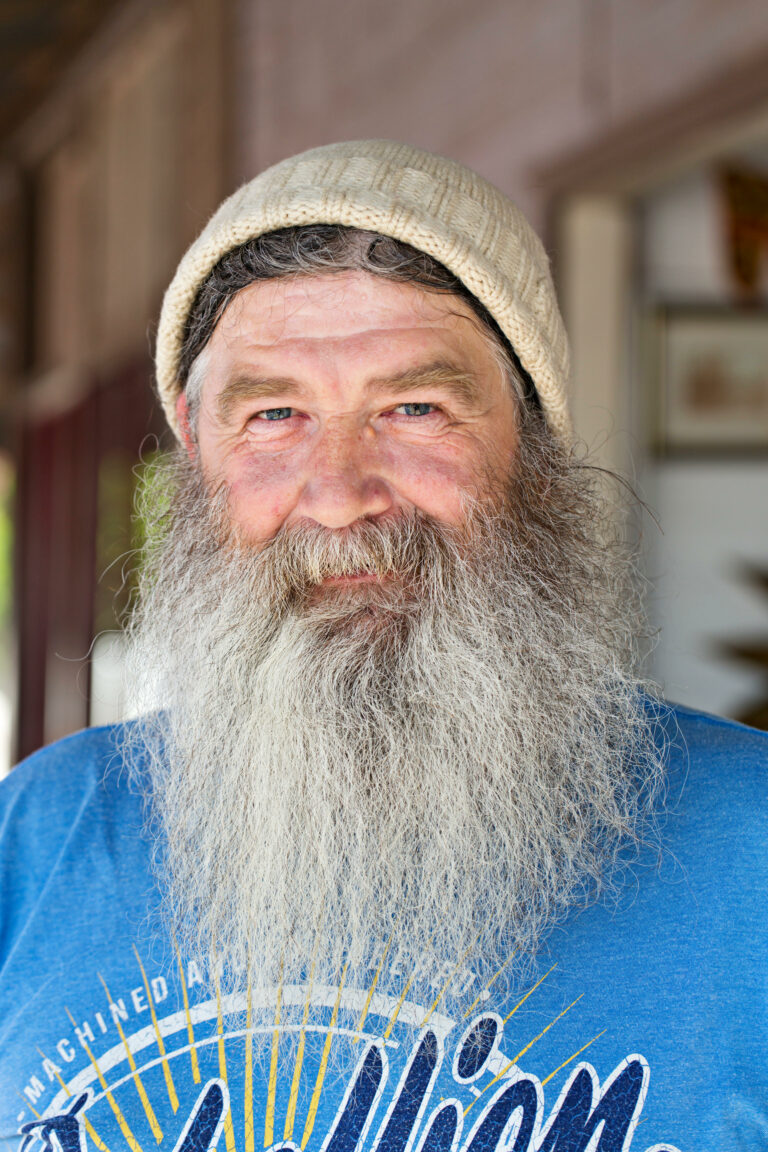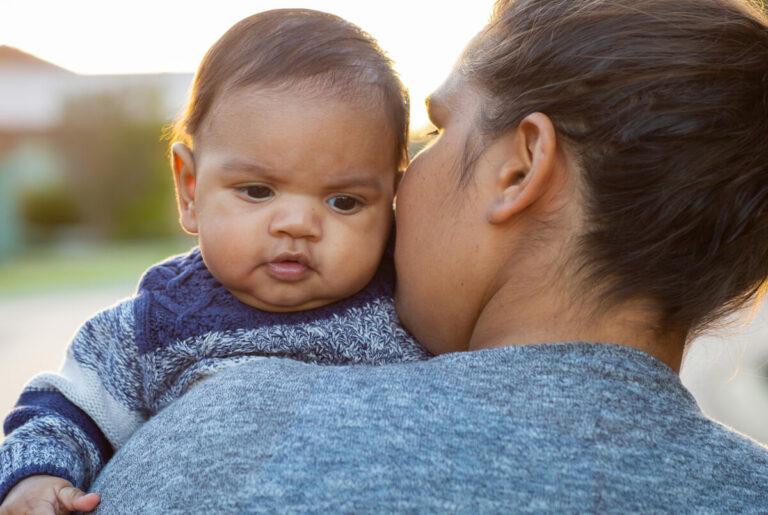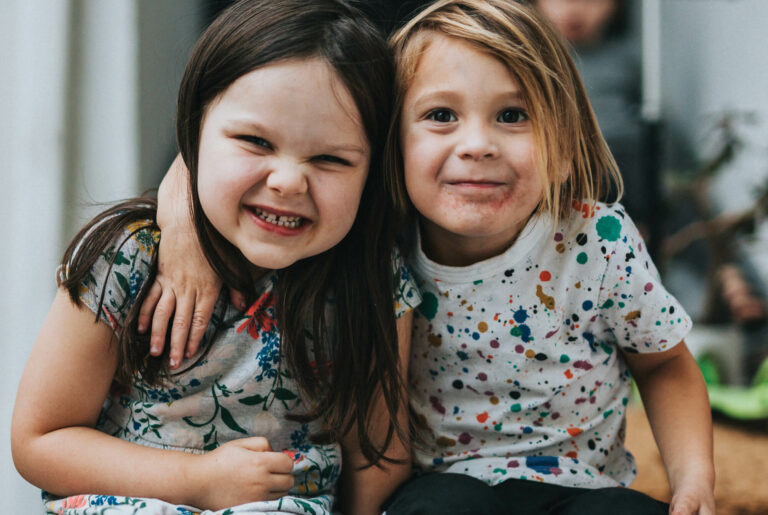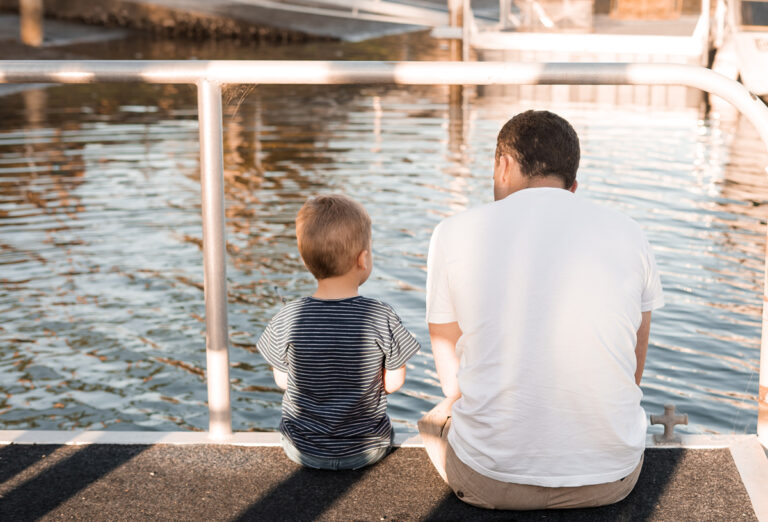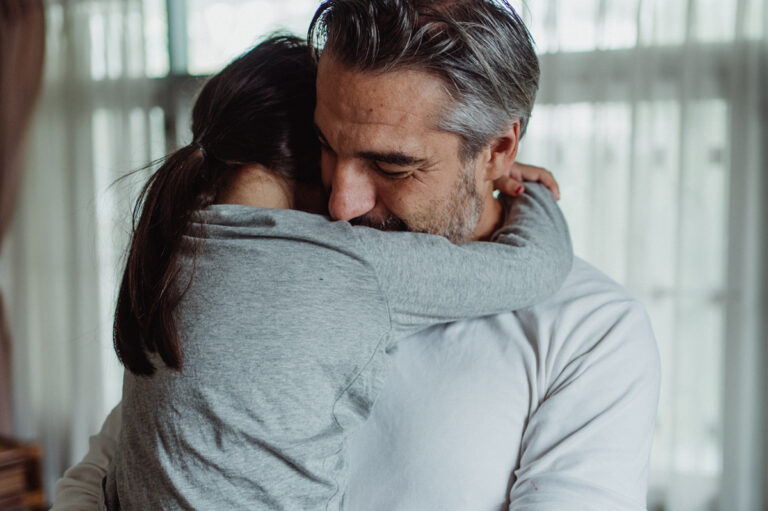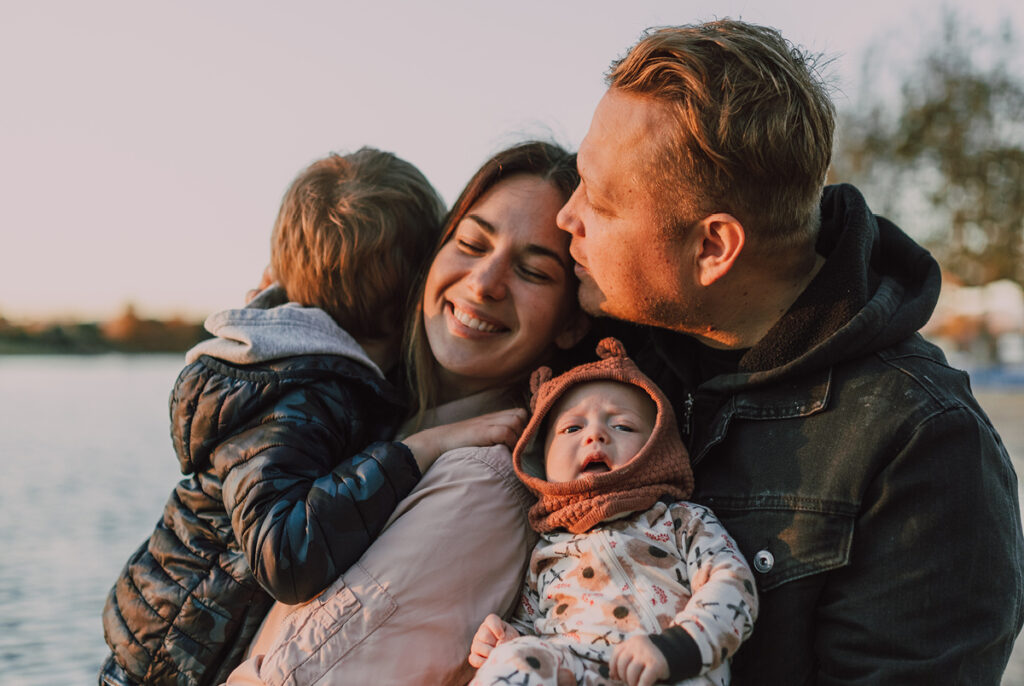ภาพรวม
สำหรับใคร
การประชุมกลุ่มครอบครัวเกี่ยวข้องกับครอบครัวที่ได้รับการส่งต่อโดยกรมคุ้มครองเด็ก เราทำงานร่วมกับพ่อแม่ ลูก ครอบครัวขยาย และบุคคลอื่นๆ ที่เกี่ยวข้องในแวดวงครอบครัว
เราช่วยได้อย่างไร
การประสานงานและการอำนวยความสะดวกที่เป็นอิสระในการประชุมกลุ่มครอบครัวที่ช่วยให้ครอบครัวมารวมตัวกันเพื่อตัดสินใจโดยอาศัยข้อมูลรอบด้านเกี่ยวกับบุตรหลานและเยาวชนของตน
คาดหวังอะไร
การประชุมกลุ่มครอบครัวมีให้บริการแบบตัวต่อตัวและแบบกลุ่มครอบครัว ตามมาด้วยเวลาและพื้นที่ส่วนตัวของครอบครัวในการตัดสินใจในฐานะครอบครัว
เราช่วยได้อย่างไร:
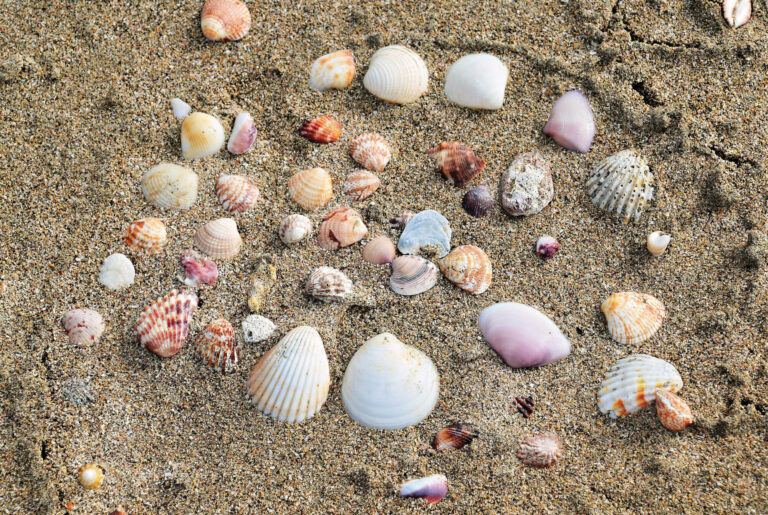
เราให้เด็กเป็นศูนย์กลาง
วงกลมคือการปกป้องและความปลอดภัยซึ่งมีขอบเขตที่ช่วยส่งเสริมการแบ่งปันและการรักษาความลับ งานแบบวงกลมช่วยให้เราได้นั่งฟังเรื่องราวเพื่อเชื่อมโยงการฟังอย่างลึกซึ้งของ Dadirri
สำหรับเด็ก
Ngartuitya (หรือเช่นกัน) เป็นแนวคิดของ Kaurna จากเจ้าของดั้งเดิมของภูมิภาค Adelaide Plains ซึ่งมีความหมายว่า 'เพื่อเด็กๆ' แนวคิดนี้ให้คุณค่าและเน้นย้ำเด็กๆ และปรับทิศทางการมุ่งเน้นไปที่พวกเขา ไม่ใช่โดยไม่มีพวกเขา
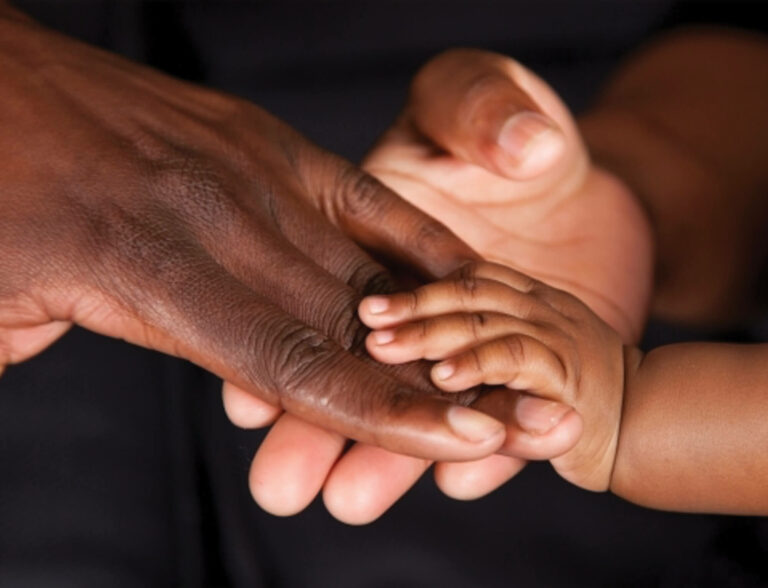
ทีมการประชุมกลุ่มครอบครัว Ngartuitya ตระหนักถึงปัจจัยปกป้องที่อัตลักษณ์ทางวัฒนธรรมมอบให้ ทุกครอบครัวที่มีภูมิหลังทางวัฒนธรรมที่หลากหลายจะได้รับผู้ประสานงาน Ngartuitya ที่เหมาะสม ซึ่งมีบทบาทในการทำให้มั่นใจว่ากระบวนการของการประชุมสนับสนุนอัตลักษณ์ทางวัฒนธรรมของครอบครัว และส่งเสริมความภาคภูมิใจในวัฒนธรรม
เป็นเรื่องสำคัญอย่างยิ่งที่จะต้องลดการเป็นตัวแทนของเด็กและเยาวชนชาวอะบอริจินในระบบการคุ้มครองเด็กมากเกินไป และ Ngartuitya Family Group Conference Service จะจัดหาผู้ประสานงานชาวอะบอริจินทุกที่ที่เป็นไปได้และเหมาะสม เพื่อให้แน่ใจว่าบริการต่างๆ ครอบคลุมวัฒนธรรม ปลอดภัย และให้ความเคารพต่อครอบครัวชาวอะบอริจิน อาศัยอยู่ในรัฐเซาท์ออสเตรเลีย
ครอบครัวยังมีสิทธิ์เลือกตัวแทนทางวัฒนธรรมเพื่อเข้าร่วมการประชุมกลุ่มครอบครัว
การประชุมกลุ่มครอบครัวคืออะไร?
การประชุมกลุ่มครอบครัวเปิดโอกาสให้เด็กหรือเยาวชนและครอบครัวตัดสินใจอย่างรอบรู้เกี่ยวกับการเตรียมการของตนเองสำหรับการดูแลและคุ้มครองเด็กหรือเยาวชน และจัดเตรียมการดูแลโดยสมัครใจซึ่งสอดคล้องกับลำดับความสำคัญที่ระบุไว้สรุปไว้ ในบทที่ 2 ของ พระราชบัญญัติเด็กและเยาวชน (ความปลอดภัย) พ.ศ. 2560 (พระราชบัญญัติ CYPS) การประชุมกลุ่มครอบครัวยังสามารถจัดเพื่อทบทวนการเตรียมการและการตัดสินใจในการประชุมใหญ่ครั้งก่อนได้
การประชุมกลุ่มครอบครัวได้รับการสนับสนุนโดยหลักการของการตัดสินใจที่นำโดยครอบครัว ซึ่งตระหนักดีว่า:
- ครอบครัวเป็นผู้เชี่ยวชาญในชีวิตของตนเอง
- ครอบครัวที่เกี่ยวข้องกับการประชุมกลุ่มครอบคลุมเด็กๆ พ่อแม่ ครอบครัวขยาย และแม้แต่เพื่อนคนสำคัญและเพื่อนบ้านของครอบครัวที่อาจไม่มีความเกี่ยวข้องทางสายเลือดจริงๆ ครอบครัวมีสิทธิที่จะมีตัวแทนทางวัฒนธรรมเข้าร่วมการประชุมของตน
- ครอบครัว รวมถึงครอบครัวขยายและชุมชน มีบทบาทสำคัญในการดูแลและคุ้มครองเด็กและเยาวชน
- ส่งเสริมให้ครอบครัวมีข้อมูลในการตัดสินใจเกี่ยวกับสิ่งที่ดีที่สุดสำหรับเด็กและเยาวชน เป็นประโยชน์ต่อเด็กและเยาวชน ครอบครัวและชุมชน
- ผลลัพธ์ที่ดีกว่าจะเกิดขึ้นได้สำหรับเด็กเมื่อครอบครัวและตัวเด็กเองมีส่วนร่วมในกระบวนการตัดสินใจ เมื่อทำได้อย่างปลอดภัย
- การเชื่อมโยงระหว่างเด็กและเยาวชนกับครอบครัวและวัฒนธรรมมีความสำคัญอย่างยิ่งต่อความเป็นอยู่ที่ดีและการพัฒนาของพวกเขา
การประชุมกลุ่มครอบครัวทำงานอย่างไร
- เพื่อให้ครอบครัวเข้าร่วมการประชุมกลุ่มครอบครัว Ngartuitya ครอบครัวจะต้องได้รับแจ้งจากเจ้าหน้าที่สังคมสงเคราะห์ของกระทรวงคุ้มครองเด็ก (DCP) เกี่ยวกับข้อกังวลด้านความปลอดภัยของเด็ก และตกลงว่าจะลดหรือขจัดความเสี่ยงเหล่านั้นเพื่อให้เด็กเจริญเติบโต โดยที่ แนวทางครอบครัวทั้งหมดก็ใช้ได้ผล
- นักสังคมสงเคราะห์ DCP จะอธิบายวัตถุประสงค์ของการประชุมกลุ่มครอบครัวให้ครอบครัวทราบ รวมถึงผู้ที่สามารถเข้าร่วมการประชุมได้ การเข้าร่วมการประชุมกลุ่มครอบครัวเป็นไปโดยสมัครใจ
- เมื่อครอบครัวตกลงที่จะเข้าร่วม พวกเขาจะถูกส่งต่อไปยัง Ngartuitya Family Group Conference Service ที่ความสัมพันธ์ออสเตรเลีย รัฐเซาท์ออสเตรเลีย ซึ่งจะติดต่อกับครอบครัวเพื่อหารือเกี่ยวกับการแนะนำตัวและเตรียมพร้อมสำหรับการประชุม รวมทั้งการจัดสรรผู้ประสานงาน Ngartuitya เพื่อช่วยเหลือสมาชิกในครอบครัวมารวมตัวกันเพื่อประโยชน์ของเด็ก
- ขั้นตอนการเตรียมตัวเป็นขั้นตอนสำคัญ เนื่องจากผู้ประสานงาน Ngartuitya ทำงานอย่างใกล้ชิดกับครอบครัวเพื่อให้แน่ใจว่าทุกคนที่สามารถมีส่วนร่วมดูแลเด็กในเชิงบวกจะได้รับเชิญให้เข้าร่วมในการประชุม
- ผู้ประสานงาน Ngartuitya ร่วมมือกับเด็กหรือเยาวชนและผู้ปกครอง มีหน้าที่ตัดสินใจว่าใครสามารถเข้าร่วมการประชุมกลุ่มครอบครัวได้ การตัดสินใจนี้ขึ้นอยู่กับว่าการมีส่วนร่วมของบุคคลมีแนวโน้มที่จะมีส่วนช่วยในการบรรลุข้อตกลงที่สนับสนุนความเป็นอยู่ที่ดีของเด็กในระหว่างการประชุมกลุ่มครอบครัวหรือไม่
- ผู้ประสานงาน Ngartuitya จะเข้าร่วมเพื่ออำนวยความสะดวกให้การประชุมครอบครัวดำเนินไปอย่างราบรื่น นักสังคมสงเคราะห์ DCP ก็จะเข้าร่วมด้วย
- ข้อตกลงครอบครัวจะต้องจัดการกับข้อกังวลที่กรมคุ้มครองเด็กหยิบยกขึ้นมา ข้อตกลงครอบครัวจะต้องได้รับความเห็นชอบจากพ่อแม่/ผู้ปกครอง เด็ก หรือเยาวชน (หากเข้าร่วม) และนักสังคมสงเคราะห์ DCP ในเวลาของ การประชุม.
- บทบาทของผู้ประสานงาน Ngartuitya มีหน้าที่จัดทำบันทึกการตัดสินใจทั้งหมดที่ทำในการประชุมกลุ่มครอบครัวเป็นลายลักษณ์อักษร ซึ่งอาจรวมถึงการตัดสินใจเกี่ยวกับการเตรียมการดูแล การสนับสนุนทางวัฒนธรรมและความเชื่อมโยง การจัดการการติดต่อ ตลอดจนการดำเนินการใดๆ ที่พ่อแม่/ผู้ปกครอง หน่วยงานอื่นๆ และสมาชิกในครอบครัวกำหนด
ทีมการประชุมกลุ่มครอบครัว Ngartuitya กระตือรือร้นที่จะรับฟังความคิดเห็นของคุณ และผู้เข้าร่วมแต่ละคนจะได้รับการติดต่อเกี่ยวกับประสบการณ์ของพวกเขา เพื่อช่วยให้เราเข้าใจว่าสิ่งใดทำงานได้ดีและสิ่งใดควรปรับปรุง
ครอบครัวที่จะเข้าร่วมในการประชุมกลุ่มครอบครัว Ngartuitya (NFGC) จะต้องได้รับแจ้งจากนักสังคมสงเคราะห์ของกระทรวงคุ้มครองเด็ก (DCP) อย่างครบถ้วนเกี่ยวกับข้อกังวลด้านความปลอดภัยของเด็ก และตกลงที่จะลดหรือขจัดความเสี่ยงเหล่านั้นเพื่อให้เด็กเจริญเติบโต แนวทางครอบครัวทั้งหมดอาจใช้ได้ผล
การเข้าร่วมการประชุมกลุ่มครอบครัวของครอบครัวเป็นไปโดยสมัครใจ
เมื่อครอบครัวตกลงที่จะเข้าร่วม พวกเขาจะถูกส่งต่อไปยัง Ngartuitya Family Group Conference Service ที่ความสัมพันธ์ออสเตรเลีย รัฐเซาท์ออสเตรเลีย ซึ่งจะติดต่อกับครอบครัวเพื่อหารือเกี่ยวกับการเตรียมการประชุม รวมทั้งการจัดสรรผู้ประสานงาน Ngartuitya เพื่อช่วยเหลือสมาชิกในครอบครัวมารวมตัวกันเพื่อประโยชน์ของเด็ก
เมื่อเด็ก ผู้ปกครอง และสมาชิกครอบครัวทุกคนเข้าใจวัตถุประสงค์และตกลงที่จะมีส่วนร่วมใน NFGC แล้ว ผู้ประสานงาน Ngartuitya จะจัดสถานที่และเวลาที่เหมาะสมเพื่อให้ครอบครัวมารวมตัวกันเพื่อหารือเกี่ยวกับวิธีที่พวกเขาจะทำงานร่วมกันในฐานะครอบครัว เพื่อสนับสนุนเด็ก
ในวันประชุมกลุ่มครอบครัว ผู้ประสานงาน Ngartuitya จะเข้าร่วมที่สถานที่จัดงาน และสมาชิกในครอบครัวจะเข้าร่วม ไม่ว่าจะมาด้วยตนเอง ผ่านทางวิดีโอหรือลิงก์โทรศัพท์ หรือผู้ประสานงาน Ngartuitya สามารถเขียนผลงานเป็นลายลักษณ์อักษรจากผู้ที่ไม่สามารถเข้าร่วมได้ พื้นที่จะถูกจัดไว้เพื่อเป็นการต้อนรับและอำนวยความสะดวกในการพูดคุยแลกเปลี่ยนความคิดเห็น
- ความรู้เบื้องต้นเกี่ยวกับการประชุมกลุ่มครอบครัว Ngartuitya – ส่วนแรกคือการนั่งอยู่ด้วยกันเป็นครอบครัว เพื่อให้ผู้ประสานงาน Ngartuitya มั่นใจได้ว่าทุกคนที่มาร่วมงาน รวมถึงนักสังคมสงเคราะห์ DCP ตระหนักถึงวัตถุประสงค์ บทบาทและความรับผิดชอบของแต่ละคน และข้อกังวลด้านความปลอดภัยของเด็กที่ต้องจัดการอย่างชัดเจน ทุกคนอยู่ด้วย
- เวลาของครอบครัว – นี่คือเวลาและพื้นที่ส่วนตัวสำหรับครอบครัวในการตัดสินใจเกี่ยวกับแนวทางแก้ไขที่พวกเขาสามารถมอบให้ภายในครอบครัวและชุมชนของตนเองเพื่อแก้ไขข้อกังวลที่เกิดขึ้น ผู้ประสานงาน Ngartuitya สามารถให้ความช่วยเหลือในการอำนวยความสะดวกได้หากครอบครัวร้องขอ นักสังคมสงเคราะห์ DCP ไม่ได้เป็นส่วนหนึ่งของช่วงเวลาของครอบครัว
- ข้อตกลงครอบครัว (แผน) – ข้อตกลงครอบครัวจะต้องระบุถึงสิ่งที่ต้องทำ โดยใคร และเมื่อใดที่จำเป็นต้องดำเนินการเหล่านี้เพื่อจัดการกับข้อกังวลด้านความปลอดภัยและสวัสดิภาพของเด็กหรือเยาวชน ผู้เข้าร่วมทุกคน รวมถึงนักสังคมสงเคราะห์ DCP ซึ่งจะต้องอนุมัติข้อตกลงครอบครัว จะต้องเห็นด้วยกับการตัดสินใจที่ทำขึ้น ทำความเข้าใจบทบาทของตนเองและความรับผิดชอบภายในกรอบเวลาที่ตกลงกันในการประชุม ผู้ประสานงาน Ngartuitya จะตรวจสอบให้แน่ใจว่าทุกคนในปัจจุบันได้รับสำเนาข้อตกลงครอบครัว
ครอบครัวจะได้รับการติดตามโดยผู้ประสานงาน Ngartuitya และนักสังคมสงเคราะห์ของ DCP ภายใน 3 เดือนเพื่อดูว่าข้อตกลงครอบครัวทำงานอย่างไร และช่วยเหลือในการปรับเปลี่ยนใดๆ ผู้ประสานงาน Ngartuitya จะเช็คอินกับครอบครัวและอาจจัดให้มีการพบปะครอบครัวอีกครั้งและเข้าร่วมการประชุมอีกครั้ง
ครอบครัวสามารถขอการตรวจสอบได้หากสมาชิกในครอบครัวตั้งแต่สองคนขึ้นไปที่เข้าร่วมการประชุมกลุ่มครอบครัวเชื่อว่าจำเป็นต้องมี
ครอบครัวมีส่วนร่วมในกลุ่ม การประชุมจะ รวมอยู่ด้วยจ เด็ก, ผู้ปกครอง, ขยาย ครอบครัวและแม้แต่เพื่อนคนสำคัญและเพื่อนบ้านของครอบครัว (ซึ่งจริงๆ แล้วอาจไม่เกี่ยวข้องกับสายเลือด) และสามารถรวมถึงตัวแทนทางวัฒนธรรมด้วย
ครอบครัว รวมถึงครอบครัวขยายและชุมชน มีบทบาทสำคัญในการดูแลเด็กและเยาวชน และทำให้พวกเขาปลอดภัย
รับทราบการระดมทุน
Ngartuitya Family Group Conferencing ได้รับทุนจากกระทรวงคุ้มครองเด็กแห่งออสเตรเลียใต้
